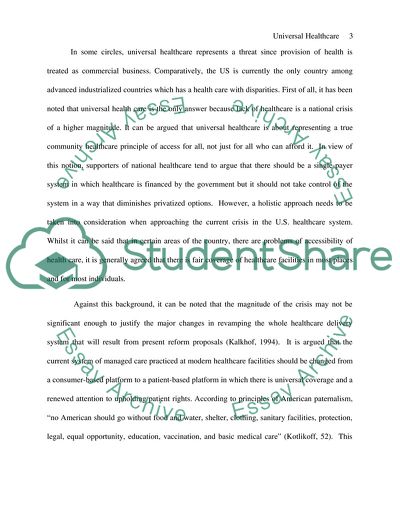Cite this document
(The Universal Healthcare Essay Example | Topics and Well Written Essays - 1750 words, n.d.)
The Universal Healthcare Essay Example | Topics and Well Written Essays - 1750 words. https://studentshare.org/health-sciences-medicine/1729527-universal-healthcare-the-only-answer
The Universal Healthcare Essay Example | Topics and Well Written Essays - 1750 words. https://studentshare.org/health-sciences-medicine/1729527-universal-healthcare-the-only-answer
(The Universal Healthcare Essay Example | Topics and Well Written Essays - 1750 Words)
The Universal Healthcare Essay Example | Topics and Well Written Essays - 1750 Words. https://studentshare.org/health-sciences-medicine/1729527-universal-healthcare-the-only-answer.
The Universal Healthcare Essay Example | Topics and Well Written Essays - 1750 Words. https://studentshare.org/health-sciences-medicine/1729527-universal-healthcare-the-only-answer.
“The Universal Healthcare Essay Example | Topics and Well Written Essays - 1750 Words”. https://studentshare.org/health-sciences-medicine/1729527-universal-healthcare-the-only-answer.


